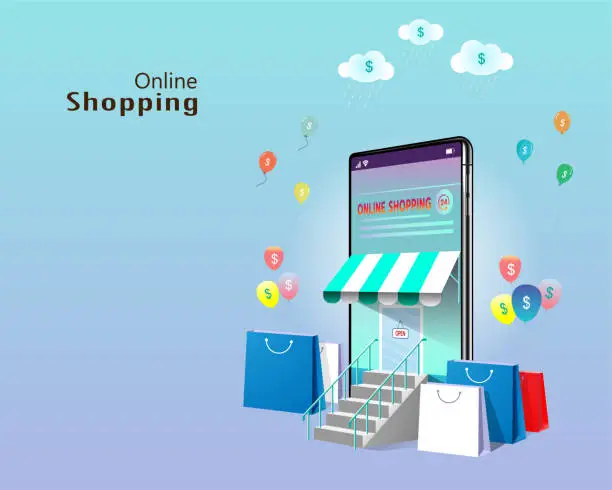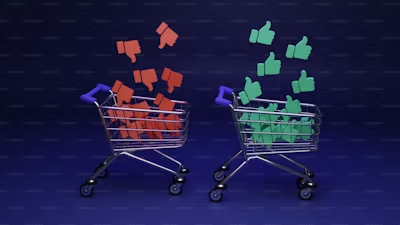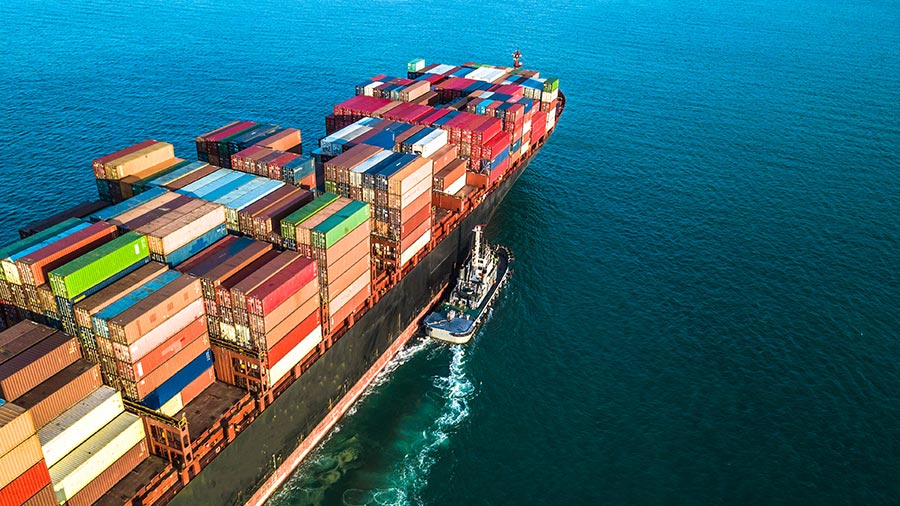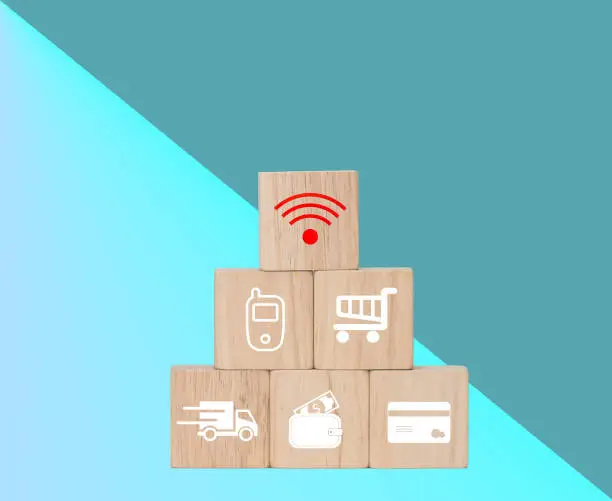Located in the center of the Baltic area, Latvia is becoming an important hub for global commerce. It’s important to comprehend Latvian import and export laws as businesses seek to increase their worldwide presence. A friendly atmosphere for international commercial transactions is fostered by adhering to certain rules, which also guarantee compliance and seamless operations.

Import laws
Companies that import items into Latvia must follow the laws of the nation to ensure a smooth transaction. The Latvian Customs Law establishes the rules and paperwork needed for the clearance of products, and it regulates import operations. Important factors for businesses engaged in imports are as follows:
Customs declarations
For their products, importers must provide precise and comprehensive customs declarations. The type of the commodities, their origin, their value, and their categorization using the Harmonized System (HS) codes are just a few of the data that must be included in these declarations.
Tariffs and charges
As a participant in the European Union, Latvia adheres to the Common Customs Tariff. Based on how their products are classified, importers must be informed of the appropriate taxes and levies. The EU single market facilitates the unrestricted movement of goods; nevertheless, certain items may still be susceptible to additional charges.
Value added tax (VAT)
VAT is often due by importers on items they import. Businesses in Latvia must account for the normal 21% VAT rate in their cost calculations. It’s important to be aware of the laws regarding items that may be eligible for exemptions or lower VAT rates.
License requirements and customs procedures
There can be extra customs processes or license requirements for certain products. The restrictions that are particular to their sector or the kind of products they are importing should be known to importers. A seamless introduction into the Latvian market is ensured by following these protocols:
Export laws
Exports from Latvia are governed by laws, much like imports, which businesses must successfully traverse. For exporters to take advantage of global prospects, they must comprehend these restrictions. Important factors for businesses engaged in exporting are as follows:
Export management
Certain products are governed by export control laws, including dual-use commodities and military hardware. To export these products, businesses must have the required licenses from the Latvian government. Exporters need to be aware of any revisions to the list of prohibited goods.
Customs paperwork
Exporters are required to produce complete and correct customs paperwork. A bill of lading or airway bill, a packing list, and a business invoice are examples of this. The efficient flow of commodities across borders is facilitated by making sure these forms are completed correctly.
Export levies and tariffs
Even though the EU is a single market, exporters must be aware of any export taxes or tariffs that could apply to particular items. Trade agreements with destination nations may give rise to preferential treatment or unique arrangements for certain items.
Hygienic and phytosanitary requirements
Hygiene and phytosanitary standards may apply to specific items, particularly those associated with agriculture and food. To meet the safety and health regulations of the destination country, exporters must ensure that their goods comply with these specified criteria.
In conclusion
For businesses looking to do worldwide business, understanding Latvian import and export laws is crucial. Enterprises may guarantee adherence to regulations and reduce the hazards linked to international trade by remaining updated on customs protocols, tariffs, and license prerequisites. The fluidity of global commerce emphasizes how crucial it is to keep up with legislative changes to take advantage of new possibilities and maintain a competitive advantage in the marketplace.
You can also find these articles helpful
Solopreneur business ideas
Required licenses for wholesale and retail trade business in Latvia
Start a wholesale and retail business in Latvia







